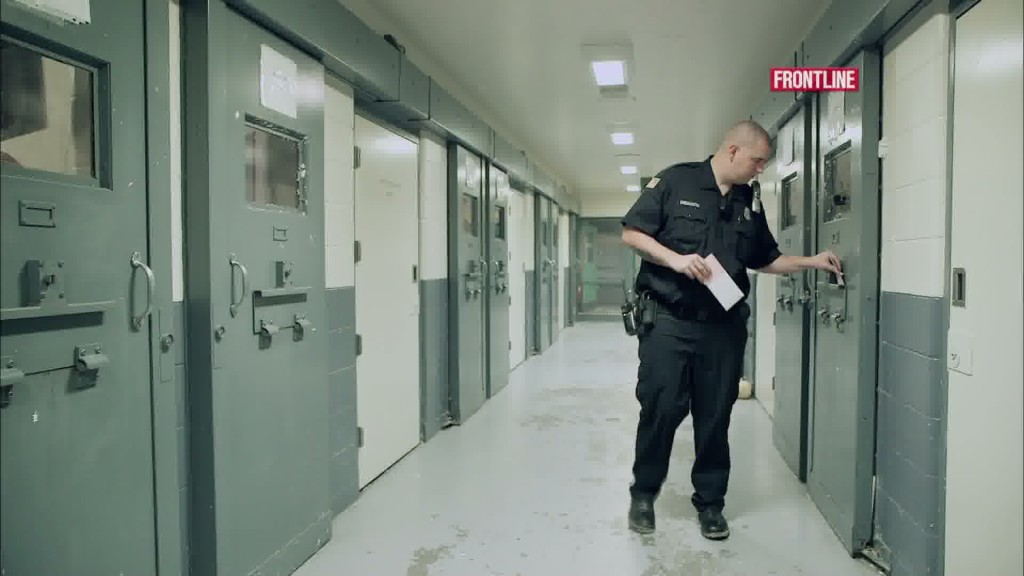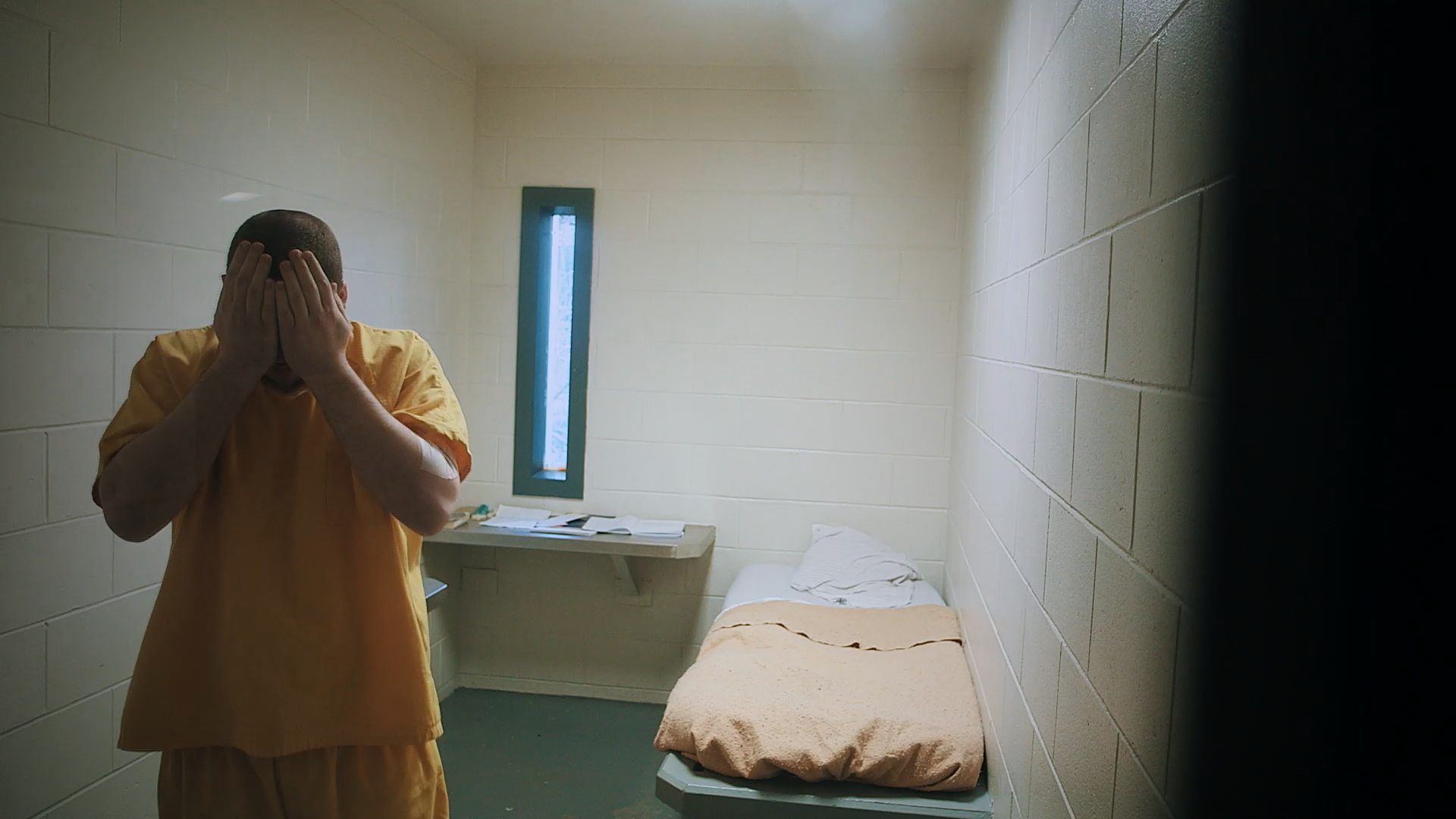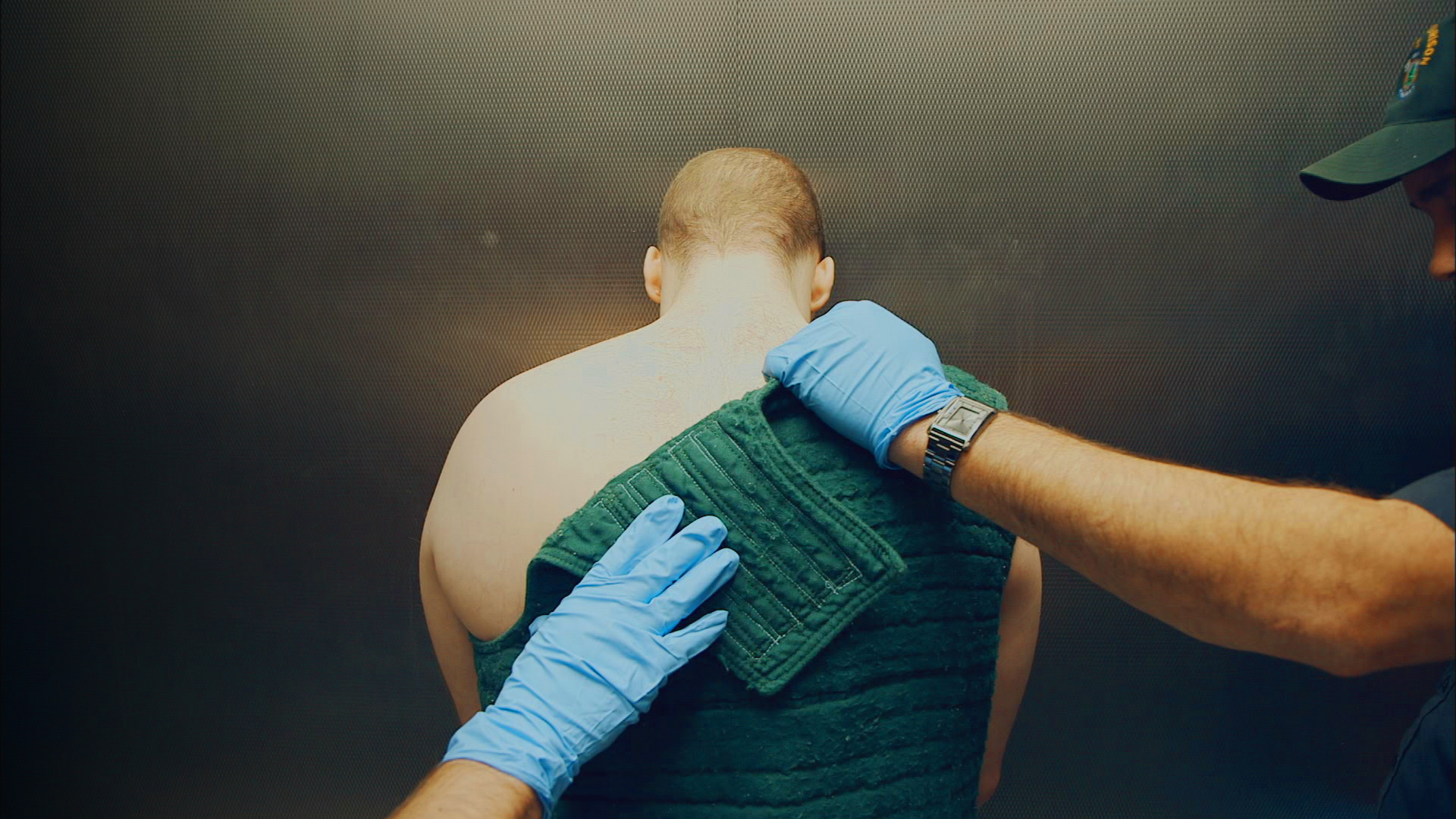What Happens in Solitary When Guards Aren’t Looking

April 22, 2014
Share
Inmates in lockdown aren’t supposed to be able to pass contraband — such as drugs, razor blades or even newspapers — from cell to cell. But many inmates, like those at the Maine state prison, have found a way.
They call it fishing. All it takes is a bit of thread pulled from their clothes or blankets, weighed down by a wet piece of toilet paper. The process of creating the “fishing lines” takes hours, but when inmates are locked up for as long as 23 hours a day, they have nothing else to do.
After hours of patience, filmmaker Dan Edge caught it on camera. “In some ways, it was like shooting a natural history documentary,” he said. “We spent what felt like forever just waiting around for things to happen.”
The above excerpt is from tonight’s film Solitary Nation, which premieres at 10 p.m. EST online or on air (check local listings).

Latest Documentaries
Related Stories
Related Stories
Explore
Policies
Teacher Center
Funding for FRONTLINE is provided through the support of PBS viewers and by the Corporation for Public Broadcasting, with major support from Ford Foundation. Additional funding is provided the Abrams Foundation, Park Foundation, John D. and Catherine T. MacArthur Foundation, Heising-Simons Foundation, and the FRONTLINE Trust, with major support from Jon and Jo Ann Hagler on behalf of the Jon L. Hagler Foundation, and additional support from Koo and Patricia Yuen. FRONTLINE is a registered trademark of WGBH Educational Foundation. Web Site Copyright ©1995-2025 WGBH Educational Foundation. PBS is a 501(c)(3) not-for-profit organization.





















